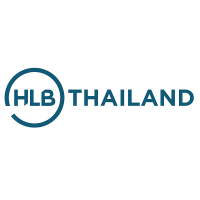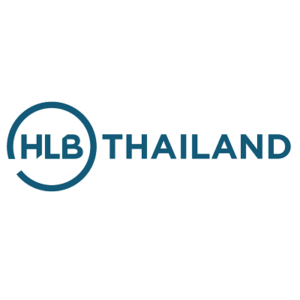
Following a request from the Indian G20 Presidency, the OECD has prepared a report that examines the current state of tax transparency concerning foreign owned real estate.
An immediate benefit of enhancing tax transparency on real estate would be to equip tax administrations with the information necessary to ensure compliance with tax obligations in connection with ownership of and income from cross-border real estate, the report finds.
The report looks into the current level of tax transparency on foreign owned real estate and explores how recent improvements in other tax transparency frameworks, such as the OECD/G20 Common Reporting Standard, and wider policy developments, such as the Financial Action Task Force’s work on beneficial ownership, could inform possible improvements to tax transparency in the area of real estate on a voluntary basis.
You can access the full report on Enhancing International Tax Transparency on Real Estate on the OECD website by clicking this link
Increasing rate of foreign ownership of real estate
The OECD reports that there are indications that the proportion of real estate owned by non-residents has continued to increase in recent years. It is suggested that this trend is partly attributable to introduction of the OECD/G20 Common Reporting Standard (CRS), with investments in real estate being made to circumvent CRS reporting.
This trend in foreign property ownership has been seen in Thailand, which is arguably the largest market for holiday-homes in the region.
Thailand is also keen to attract foreigners as long-term residents to boost revenues and stimulate the economy after the pandemic, and the second half of 2022 saw the launch of the long term resident visa program to attract, wealthy citizens, pensioners, remote workers and highly skilled professionals. Read more about Thailand’s long term resident visa program.
Diverging approaches to taxation of real estate
Countries adopt different approaches to the taxation of real estate. For example, a gain may be categorised as “capital” and not taxed, like in Singapore, or treated as taxable income, similar to other business or investment income, like in Thailand.
Other areas of taxation noted in the report the countries may take a different approach to taxing real estate include income tax on rental receipts, transfer taxes on real estate transfers, as well as for purposes of wealth or inheritance taxes.
When taxpayers derive income from foreign sources, the terms of double tax agreements may alter a country’s tax treatment under its local tax law. Thailand has over 60 double tax agreements.
One way Thailand addresses under reporting of income is by collecting tax at source. For example, rental income paid to non-residents is subject to withholding tax. Taxes and fees imposed under the Revenue Code and the Land Code on the sale of real estate are collected when the transfer of real estate is registered at the Land Department.
Increasing visibility on cross-border transactions
The report notes that tax administrations often only have limited visibility over the cross-border ownership of (and income from) real estate and concerns have emerged that investments in real estate are being used to shelter undeclared assets that would have otherwise been subject to CRS reporting.
Studies referred to in the report have shown that cross-border real estate holdings are frequently underreported, posing risks that taxes due in connection with real estate remain unpaid.
The report outlines the key domestic and international features required for a successful tax transparency framework and identifies potential short-term and structural improvements to the existing architecture.
Increased visibility on cross-border transactions in the real estate sector has the potential to benefit not only tax administrations the report states, but also regulatory, anti-money laundering and law enforcement authorities.



